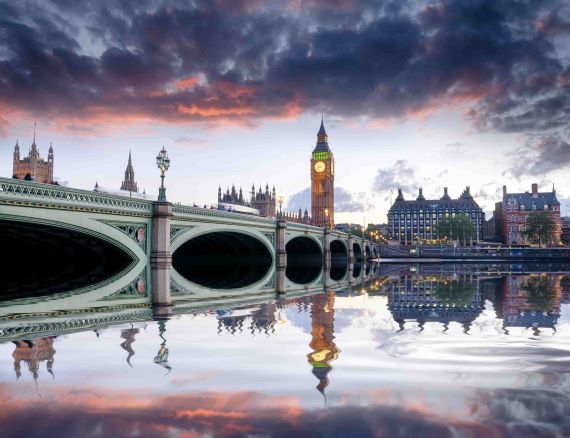Despite increased attempts to crack down on money laundering, the opaque and murky reality of UK property ownership was made clear this weekend with the announcement that more than £56 billion (taken from Land Registry statistics in 2017) worth is secretly owned.
Based on current property prices, this secret haul could be worth more than £100 billion.
Across the UK, anti-corruption campaigners ‘Global Witness’, found that 57,000 properties are secretly owned, or owned by companies incorporated in UK tax havens.
As potential money launderers look for profitable places to squirrel their illicit gains, it is unsurprising that almost 42% (40,747) of the 97,746 properties were acquired in London and its surrounding boroughs.
The findings were a significant talking point as the Joint Select Committee on the Draft Registration of Overseas Entities Bill sat yesterday to discuss the escalating ease with which foreign buyers and unknown buyers are able to purchase property in the UK without divulging the primary owner.
It is hoped discussion on the Bill will fast-track a public register of the beneficial owners of overseas entities that own or purchase land in the UK that was promised by David Cameron as far back as 2015.
According to the Land Registry, one of the most expensive properties, secretly owned by a Jersey-based company, is on the same road as the Queen. 123 Buckingham Palace Road is worth in excess of £215 million and could have been bought to launder illegal money. In fact, the ten most expensive properties, owned by companies based in jurisdictions which allow secrecy, are worth more than £1.5 billion.
It would seem that the problem of secret ownership is increasing, especially in London. Since 2015, property in the Tower Hamlets of London now have 11% more unknown owners and 1,619 in total.
The most popular area for secret property ownership was the city of Westminster where an average property is currently worth £1,767,439, with the 10,531 relevant Westminster properties amassing in excess of £18.6 billion worth of property bought by unknown owners.
Naomi Hurst, Global Witness anti-corruption campaigner, said: “Today’s new analysis shows that Westminster is at the heart of the UK’s dirty money problem. In the face of an unprecedented housing crisis it is staggering that Westminster alone is home to over 10,000 secretly owned properties. The government first promised to reveal the true owners of UK properties with a public register back in 2015. But their current plans will allow the criminal and corrupt another three years to do what they want with our property market – that’s three years too many. Our capital has the potential to be flooded with dirty money and we need urgent action to stop it.”
Misha Glenny, author of the book McMafia, said: “McMafia takes place in many parts of the world, but we focus the central family in London – there was a reason for that. And that is because London has become so important in the world of money laundering through the property market, the kind of opulent apartments that the Godman family live in Knightsbridge and Mayfair.
“But what’s astonishing is that property owned by companies whose beneficial owner we don’t know the identity of are all over London – they are all over the United Kingdom. And the government doesn’t even know who owns these. And these people could be people smugglers, they could be drug runners, they could be gun runners. They could be corrupt politicians. They could be people with legitimate reason for keeping quiet for security purposes. But it’s really appalling that the government doesn’t know who’s investing in London, using tax havens, hiding behind shell companies.”
Whilst the government had claimed that the register would not be in place until 2020, it is hoped that the recent increase in secret home ownership will act as a catalyst to increase the priority of the issue moving forward.
How much of an impact does secret home ownership have on the conveyancing sector?




















